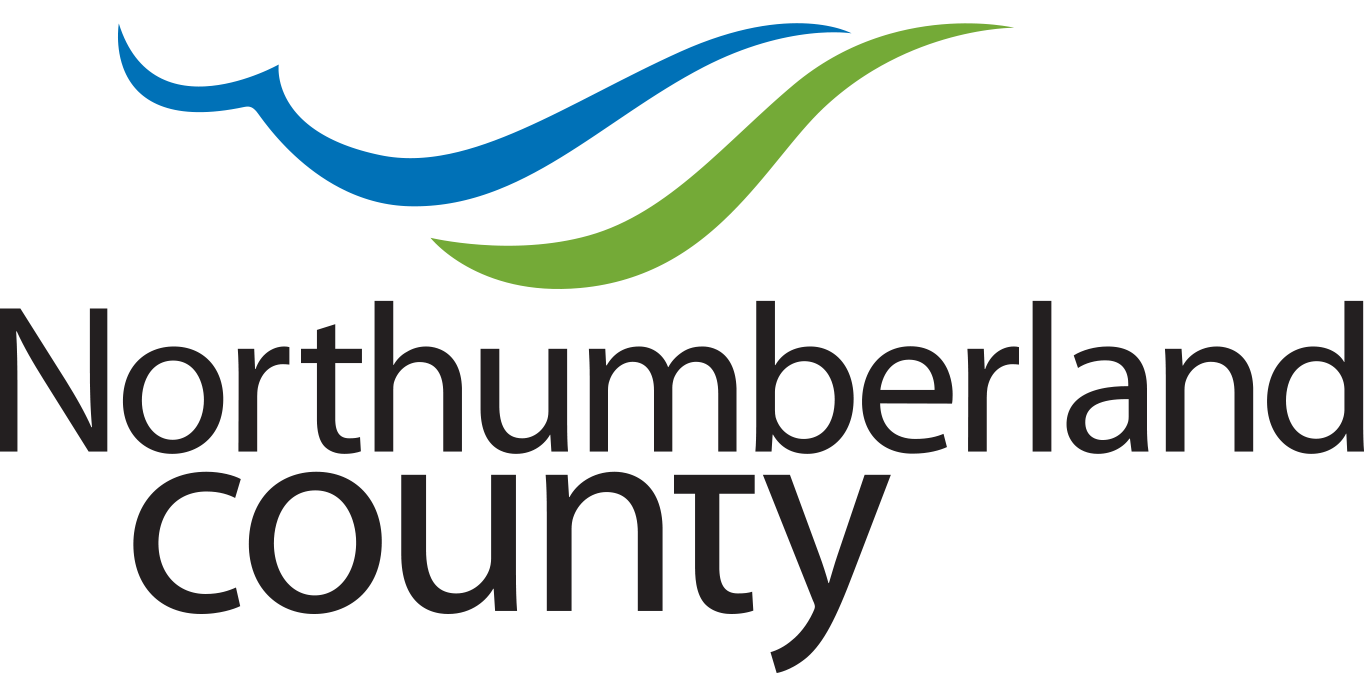
Budgets and Finance
Budgets
Each year, Northumberland County goes through a rigorous budgeting and planning process. Visit our Budgets page to learn more about our budgeting process and view our budget documents, business plans, long-term plans, issue papers and department overviews.
Annual reports
Our annual reports provide an overview of our program and services, accomplishments and financial health.
Download an accessible and printable PDF version of the:
To receive a digital copy of reports from years prior to 2020, please email our team.
Financial statements
The audited financial statements are prepared annually to show us the financial position of our County. The statements also highlight operational results and any additional notes that are important to our finances.
- 2023 Audited Consolidated Financial Statements
- 2022 Audited Consolidated Financial Statements
- 2021 Audited Consolidated Financial Statements
- 2020 Audited Consolidated Financial Statements
To receive a digital copy of statements from prior to 2020, please email our team.
Asset management
Municipalities across Ontario are facing challenges to fund their infrastructure at levels that ensure sustainability due to aging assets, increasing renewal needs and pressures from a changing climate and growing population.
In response to Ontario Regulation 588/17: Asset Management Planning for Municipal Infrastructure, Northumberland County has prepared comprehensive Asset Management Plans for core infrastructure assets (roads, bridges, large culverts, retaining walls and storm sewers), corporate facilities, fleet, natural heritage and road infrastructure detailing the state of these assets and how to make the best possible investment decisions.
These Asset Management Plans enable County staff to make informed decisions regarding the operation, maintenance, renewal, replacement and disposal of our assets.

Our finance team
The Finance department is responsible for more than just budgets. The department oversees the monetary operation and allocation of an annual budget in excess of 100 million dollars and manages all financial activities for the County.
Some key activities we are responsible for are:
- Accounts payable
- Accounts receivable
- Collections
- Debt and investing
- Financial planning and budgeting
- Financial reporting (statements)
- Fixed assets
- Asset management
- Purchasing (including bids and tenders)
- Risk management
Learn more
For details on Northumberland County’s fees and charges, please refer to our Fees and Charges By-Law No.09-2024.
For more information about Development Charges, visit our Planning and Devlopment page.
